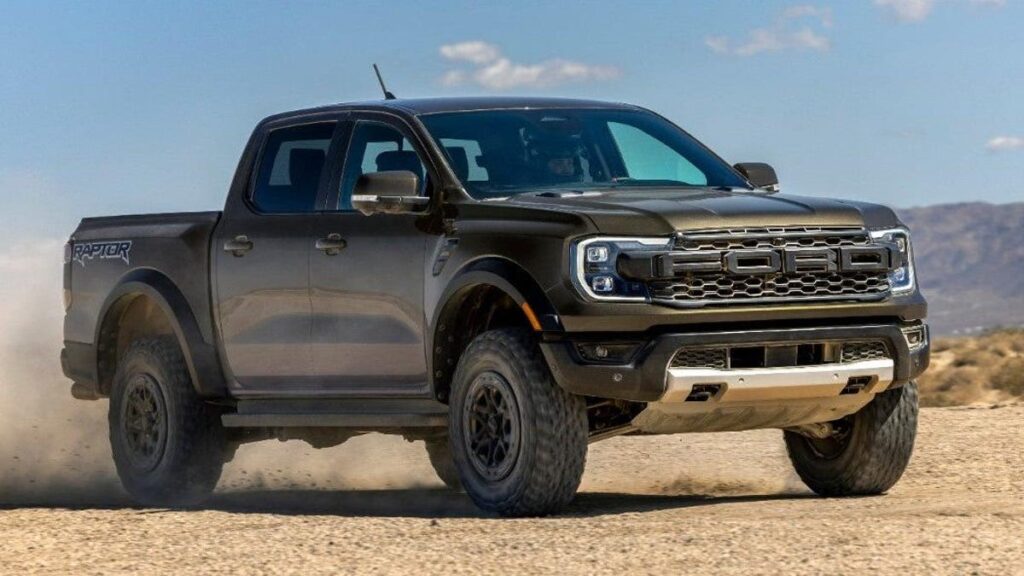Mid Sized Pickups Are In Short Supply As Big Three Strikes Continue

Ford has an opportunity to outpace its chief truck rivals Chevrolet and GMC in the short term, as it now has an opportunity to replenish Ranger stock following its deal with the United Auto Workers union last week. From the start of the strike in mid-September to now, availability of its mid-sized pickup has fallen by 45.3 percent. Meanwhile Chevrolet’s Colorado is 50.3 percent less available, and its cousin, GMC’s Canyon, has seen its in-stock number dip by 43 percent. If you’re looking to buy one of these in-demand trucks, you’re going have to look twice as hard.
2023 Kia EV6 GT | Jalopnik Reviews
Total available inventory from the Big Three is down across the board. Ford’s total inventory was down 6.2 percent at its peak, while GM was down 15.7 percent, and Stellantis saw an 11.9 percent dip. With Stellantis and Ford now having deals with the UAW to get back to work, General Motors remains the lone holdout in working out a deal. All three automakers were really feeling the squeeze, but GM has been squeezed hardest since the start of the strike.
According to Business Insider reporting, in speaking with Cars.com Editor-in-Chief Jenni Newman, the Americans aren’t exactly winning the mid-sized truck war anyway. They’re all fighting for second place behind Toyota.
Whether the strike will cause the Detroit Three to lose customers to the competition remains in the air, Newman said.
Particularly in the mid-size pickup truck market, where Ford and GM are most impacted right now, competition from Toyota and Honda is fierce. The Toyota Tacoma already outsells the Detroit 3’s smaller pickups with nearly 180,000 units sold through the end of September, according to the Automotive News data center. (Ford sold 31,503 Rangers and GM sold 58,685 Colorados and 19,351 Canyons in the same time period).
A lack of availability for Ford and GM’s small pickups is likely to drive some shoppers to other brands, Newman said, but customers surveyed by Cars.com are also indicating that they will support union-made brands out of solidarity in the future.
The longer General Motors drags its heels on a union deal, the harder it’ll be to sell anything that isn’t being made. The company is making a calculated decision on just how much it can lose before forcing its workers to accept a less favorable deal. With the pressure on from Ford and Stellantis already back to work, how much longer can GM hold out?



